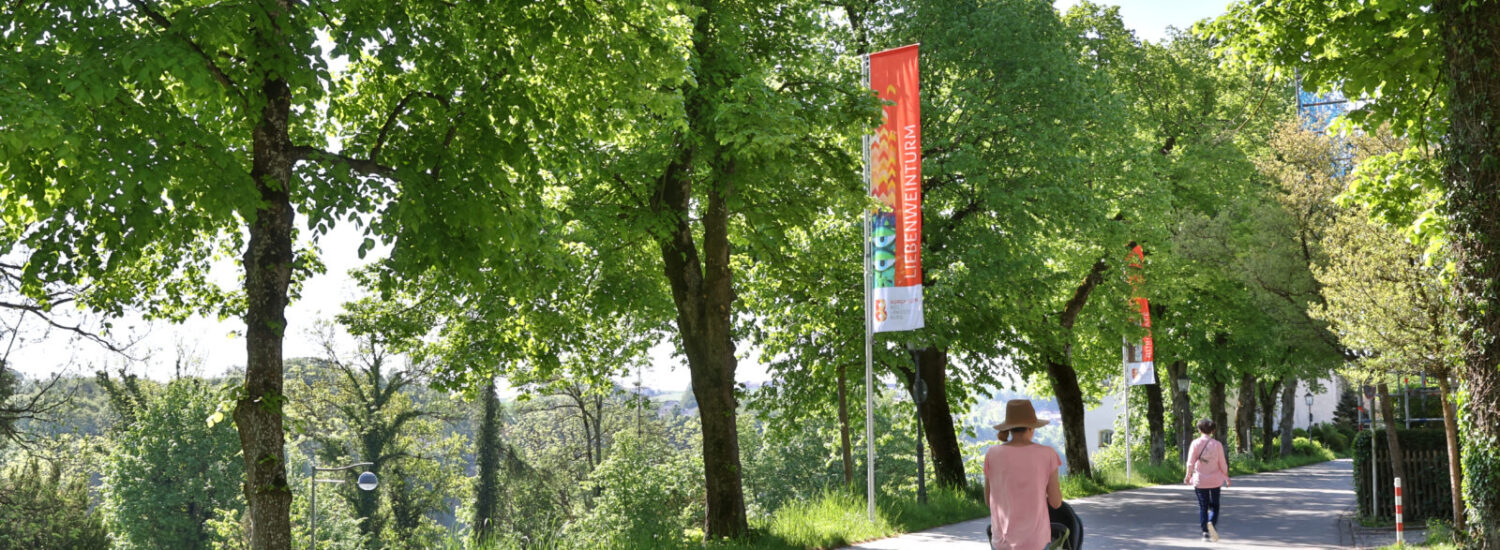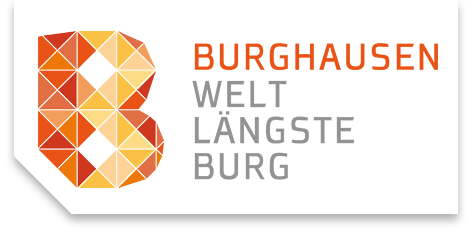
The United Nations defined sustainability as a challenge to meet the needs of the present without compromising the ability of future generations. Since our resources are finite, humanity must use them carefully. This is the only way to ensure that future generations will also have sufficient resources at their disposal.
The concept of sustainability consists of three pillars:
- Environment
- Economy
- Society
Sustainable development can only take place if these three pillars mesh.
In Burghausen, for example, renewable energies will be necessary in the future to
- to generate affordable electricity for the economy.
- to remain attractive as a successful business and production location in the region.
The use of renewable energies in Burghausen and the use of closed-circuit systems makes it possible for less CO2 and other exhaust gases to be released into the environment.
This has a positive effect on the cleanliness of
- Air,
- Water,
- The atmosphere.
With the tax revenue, the city of Burghausen can, among other things, support
- social commitment, example Kulturtafel
- Construction projects, example new skate park
This short example alone makes it clear that sustainability is to be seen as a cross-cutting task in all areas of the city.
“Why does sustainability concern us all? I think because life concerns us all. And because sustainability has to do with life, sustainability should be a way of how we live. Not only in terms of climate, nature and the environment, but how do we want to live together. How do we want to organize mobility, what is the work of the future, what is simply sustainable?”
Florian Schneider, Mayor of Burghausen

